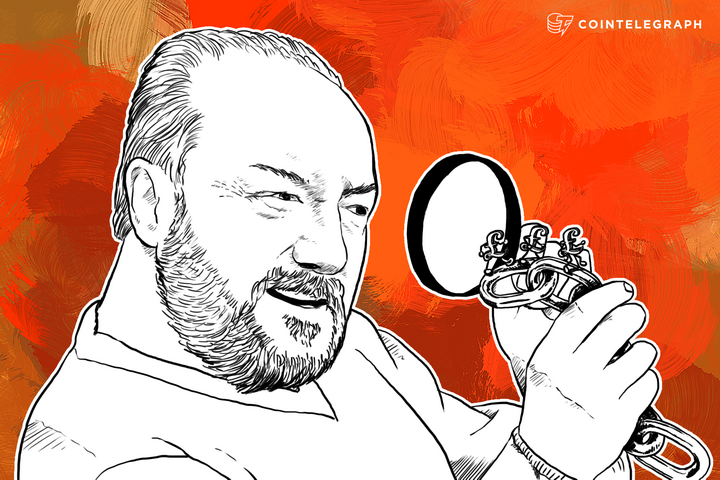George Galloway, a mayoral candidate of London, has implemented the blockchain technology as a part of his 2016 campaign to create a platform called MayorsChain, in an attempt to build 100% transparent records of the city’s budget allocations and public funds. Galloway said:
“Since governments spend public funds on shared public resources, the public has a right to transparency. [...] I want to throw City Hall’s books wide open.”
Galloway and his team of developers, including advisor Max Keiser, have proposed a design for a blockchain-based technology that will implement the Bitcoin 2.0 platform Horizon and a “network” of blockchains called the Blocknet.
Through the platform, Galloway plans to record political accounts on the blockchain, including public funds, resources and assets, granting people with access to records of the city’s financial status and accounts.
Galloway essentially hopes to initiate public participation in budgetary decisions of the city. Since the unforgeable data stored on the blockchain can be easily tracked and seen, Galloway’s office aims to allow members of the public to vote for proposals of financial plans and budget allocation. The decisions will be preserved permanently in the blockchain for everyone to see.
Such transparency will prevent the city’s funds from being controlled by a few elected members. Instead, it would create a practical method of a first ever transparent assembly that would decide with the public how the city’s budget will be controlled.
“Instead of governance being handled by several elected members and a handful of highly paid in-house auditors,” said Galloway, “Blockchain governance allows for it to be handled in a transparent and practical way by an open transparent assembly of voters, through a block chain.”

The Technology
Using the security and development tools of Horizon, Galloway wants to build a new blockchain, called MayorsChain, instead of implementing an existing blockchain and adjusting its application. Galloway explained that changing code on a complex blockchain puts everyone’s data at risk. He wants to create a separate blockchain specialized for data such as financial records, making it small enough so its nodes can be stored and run in a mobile phone.
According to Galloway, the blockchain will still be secure, due to the help of Horizon, which has an “excellent distribution of tokens and extremely high node count, second only to bitcoin.” Galloway said:
“We envision a future in which this model of transparent, unbreakable and verifiable contribution to the City Government, in combination with continuous participation of the crowd through active voting, is utilized to manage budgets that are public to be audited collaboratively by its citizens, who share the benefits and responsibilities collectively. We are calling this model, decentralized City governance by blockchain.”


